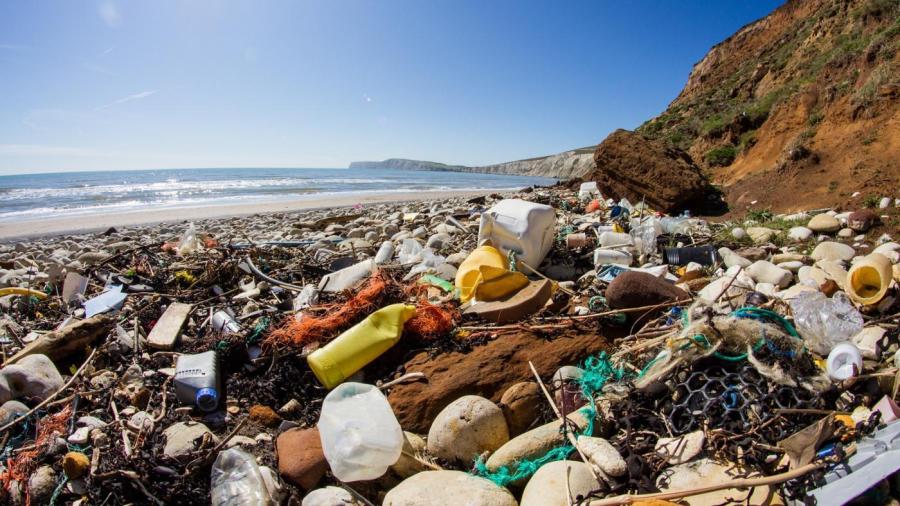What Causes Ocean Pollution?

Ocean pollution is caused by numerous industrial and domestic activities, which include oil spills, garbage dumping, sewage and factory-waste disposal and the use of toxic pesticides. These activities pollute the oceans through drains, rivers and direct dumping. According to All Recycling Facts, land-based activities account for more than 80 percent of ocean pollution.
Large-scale oil spills are major contributors to ocean pollution. They cause serious damage in sensitive marine areas and the death of numerous marine animals. Small leaks that occur on a regular basis also add to ocean pollution, such as from offshore-drilling rigs and boats.
In many parts of the world, people directly dump their trash into the sea, either by ship or along the shore. This mostly litters the oceans with plastic, which is harmful to marine life through ingestion or entanglement.
Many places throughout the world dump sewage into the oceans. This is often untreated or under-treated sewage and contributes to the growth of large hazardous algal blooms.
Many industries dump toxic chemicals into the oceans. These man-made chemicals severely affect marine species, as they accumulate in the fatty tissues of animals and cause organ malfunctions.
Ocean pollution is exacerbated by toxic pesticides washed away from farmlands into rivers and streams, which flow into the ocean. The toxic gases produced by power stations and vehicles also contribute to ocean pollution in the form of acid rain.





